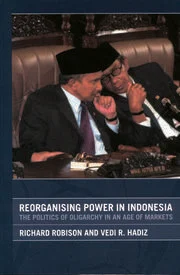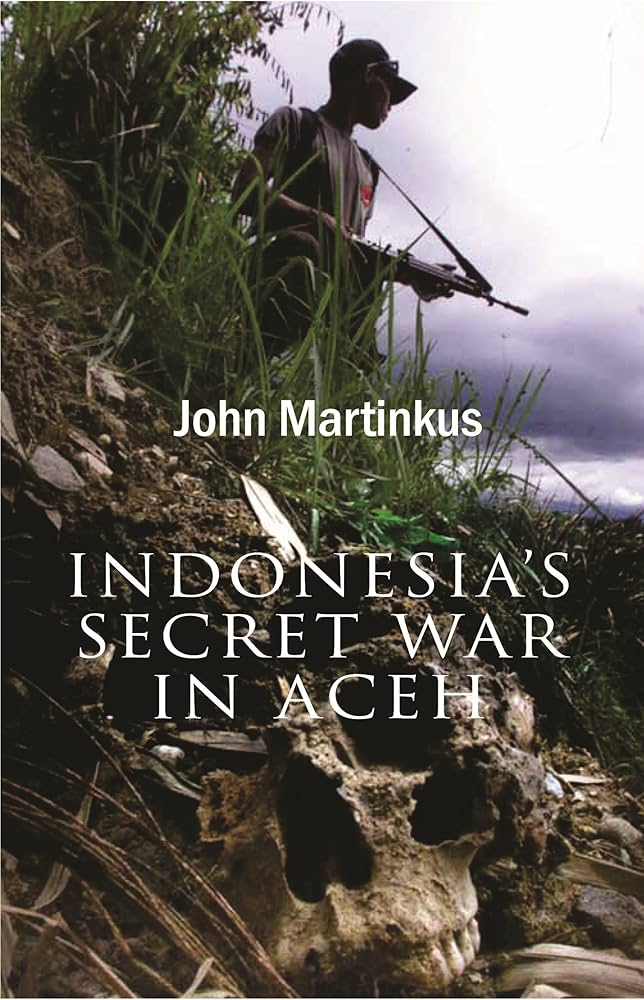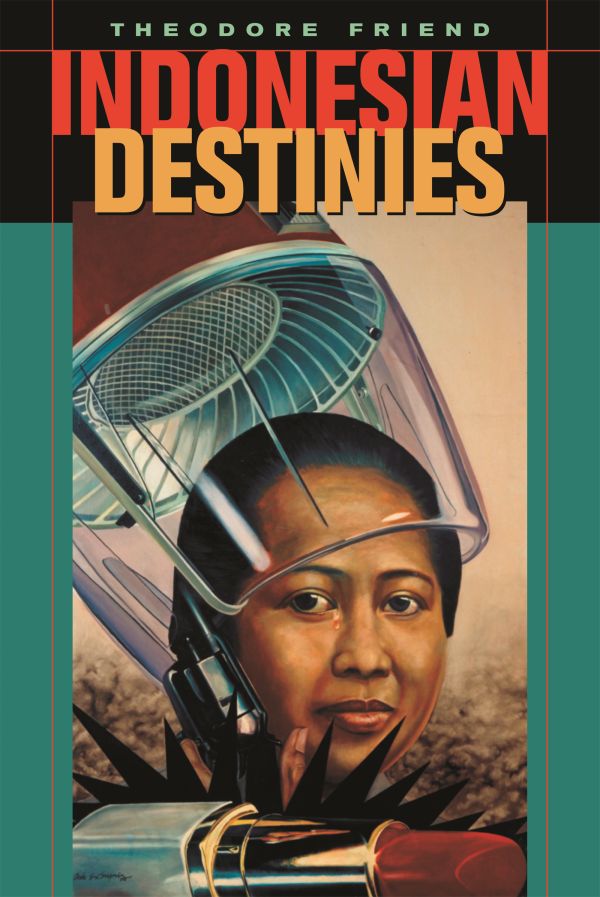Indonesia
An Indonesian Frontier: Acehnese and other histories of Sumatra by Anthony Reid
by John Monfries •
Reorganising Power in Indonesia: The politics of oligarchy in an age of markets by Richard Robison and Vedi R. Hadiz
by Damien Kingsbury •
Have the Bali Bombings completely changed our view of Indonesia? Although obviously not designed to do so, these three books provide necessary background on how such an atrocity might be possible in the near-anarchic circumstances of that country. They also give a wide-ranging and informative picture of the present state of Indonesia in all its chaos and uncertainty. They make sobering reading, as if Indonesian politics is a mixture of Shakespearean tragedy, Javanese shadow play and gangster drama: Hamlet, Semar and The Godfather.
... (read more)




